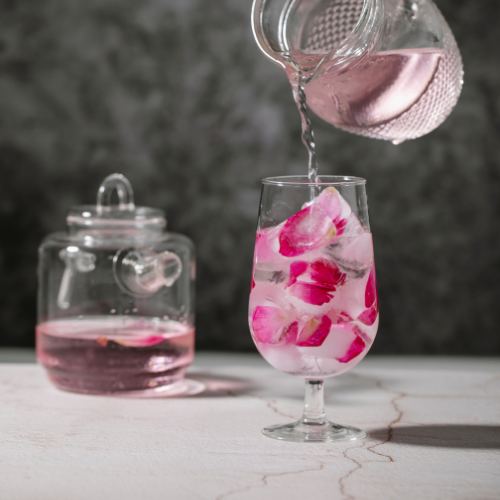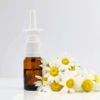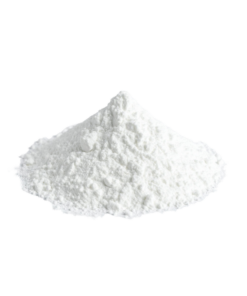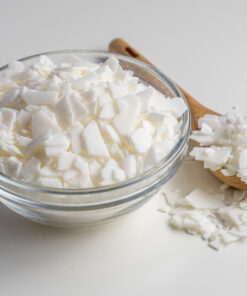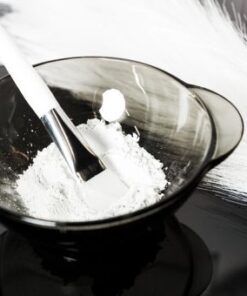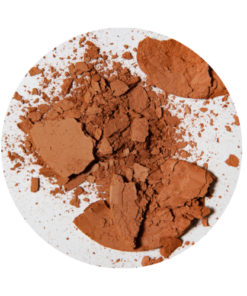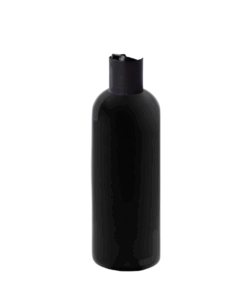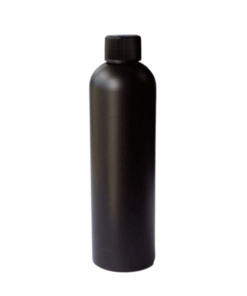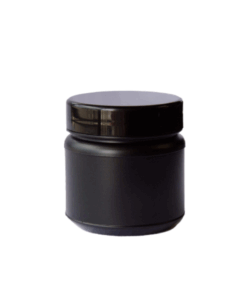Rose Water – 100ml
R49,50
Rose Water – 100ml – helps balance and hydrate the skin, providing a refreshing boost of moisture while calming redness and irritation.
35 in stock
Rose Water – 100ml
Refreshing and Hydrating Skin Care Tonic
Rose Water is a luxurious, aromatic water derived from the petals of fresh roses. Known for its gentle, soothing properties, it has been a staple in skincare for centuries. Rich in antioxidants, vitamins, and anti-inflammatory compounds, Rose Water helps balance and hydrate the skin, providing a refreshing boost of moisture while calming redness and irritation.
This versatile ingredient is perfect for all skin types, especially sensitive or dry skin. It acts as a mild astringent, tightening pores without drying the skin. Rose Water also balances the skin’s natural oils, promoting a fresh, glowing complexion. Its soothing and calming effects make it ideal for reducing inflammation caused by acne, sunburn, or other skin irritations.
Why Choose Rose Water?
Key Benefits:
-
Hydrating and Refreshing: Provides an instant boost of moisture, leaving skin soft and revitalized
-
Soothes and Calms: Reduces redness and irritation, making it ideal for sensitive skin
-
Balances Skin pH: Helps maintain the skin’s natural pH levels
-
Anti-Inflammatory: Calms inflammation caused by acne, sunburn, or other irritations
-
Antioxidant-Rich: Protects the skin from free radicals, helping to prevent premature aging
Rose Water is a gentle yet effective toner that hydrates, soothes, and refreshes the skin, making it a must-have in any skincare routine.
How to Use Rose Water
-
Recommended Usage Rate: 5%–100% (can be used as a facial mist or toner)
-
Phase: Can be used in both water-based and oil-based formulations
-
Solubility: Water-soluble
-
Formulation Types: Toners, face mists, serums, creams, masks, and after-sun products
To use, apply Rose Water as a refreshing facial mist or incorporate it into your skincare routine as a soothing toner or base for serums and moisturizers.
Perfect For:
-
Hydrating and refreshing facial mists
-
Calming toners for sensitive skin
-
Anti-aging serums and creams
-
After-sun care products
Rose Water is a staple in skincare, offering soothing hydration and antioxidant protection. It helps calm irritation, balance the skin, and keep your complexion looking fresh and youthful.
| Weight | 0,100 kg |
|---|---|
| Dimensions | 5 × 5 × 15 cm |

